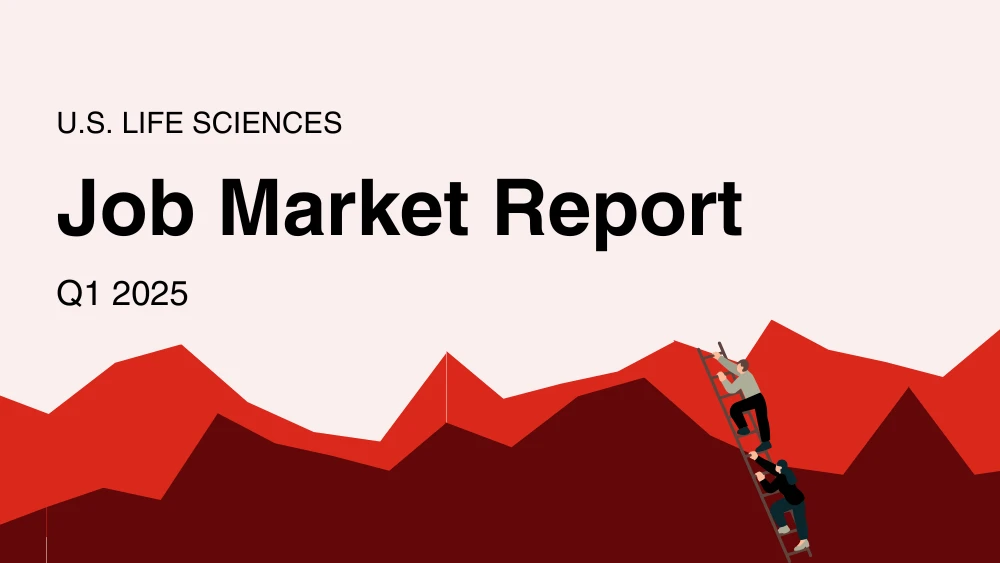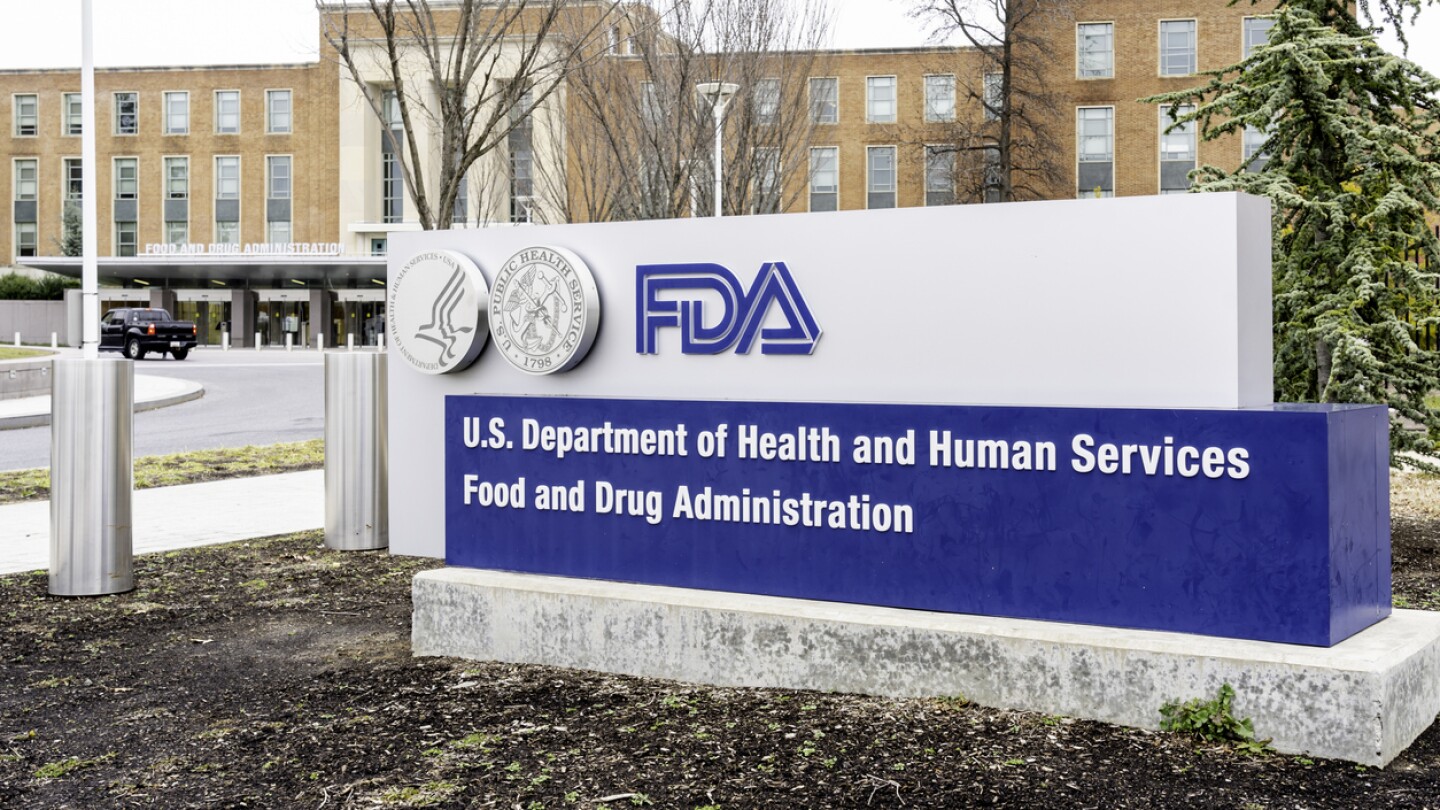News
The FDA has informed Merck, Sanofi and AstraZeneca of the safety investigation into their RSV antibodies, though it remains unclear what regulatory action, if any, will be taken.
FEATURED STORIES
The record-setting government shutdown was just the latest blow to the U.S. biopharma industry. When science funding becomes a casualty of political gridlock, we lose valuable talent, erode public trust and jeopardize our position as a global leader in innovation.
At one point in merger negotiations with Novartis, Avidity CEO Sarah Boyce and her team walked, cutting off access to a data room and moving on to a capital raise.
Previous mega blockbusters took years to reach their peak sales. Lilly’s tirzepatide franchise is on course to exceed them just a few years in.
Job Trends
Year-over-year BioSpace data show biopharma professionals faced increased competition for fewer employment opportunities during the first quarter of 2025.
FROM OUR EDITORS
Read our takes on the biggest stories happening in the industry.
Less than a day into his second term, President Donald Trump ordered a freeze on communications at major public health agencies, among other moves that have sent waves through the biopharma industry.
THE LATEST
The partnership will focus on Crescent’s PD-1/VEGF inhibitor CR-001 and Kelun-Biotech’s SKB105, both of which the companies plan to push into Phase I/II development for solid tumors early next year.
Companies who run their early-stage clinical development outside the U.S. would “experience higher fees” according to an FDA proposal made during the negotiation process for the eighth cycle of the user fee program.
Last week, Center for Biologics Evaluation and Research Director Vinay Prasad claimed in an internal memo—without providing evidence—that COVID-19 vaccines were responsible for the deaths of 10 children between 2021 and 2024.
Høeg is the fifth person to lead the Center for Drug Evaluation and Research this year.
In this episode of Denatured, Jennifer C. Smith-Parker speaks to Stacey Adam, PhD, Vice President of Science Partnerships at the Foundation for the National Institutes of Health and Patrick Smith, Senior Vice President, Translational Science at Certara, to discuss the latest regulatory news and the future for new approach methologies (NAMs) development.
For the second month in a row, job postings on BioSpace increased in key biopharma disciplines. However, application rates also increased.
Job listings in the area have ticked up in the last month. These seven companies are hiring in South San Francisco right now, including scientist and clinical roles.
Six months after receiving a surprise rejection due to what the FDA called “lack of substantial evidence of effectiveness,” Capricor’s cell therapy deramiocel showed significant benefits in upper-limb function and slowed decline in cardiac function in a Phase III trial.
Nearly 90% of senior leaders who were at the FDA a year ago are no longer with the agency, a BioSpace analysis shows. None remain from the Office of the Commissioner.
Analysts had noted “unease” from investors regarding the state of the Phase III ADEPT-2 trial, with BMS at one point telling Leerink Partners that the reopening of enrollment would be a “significant development.”






















